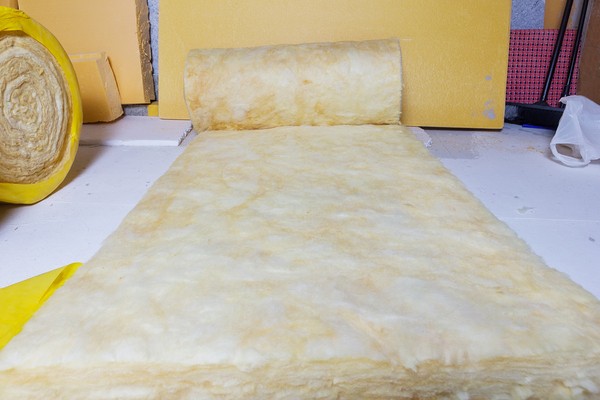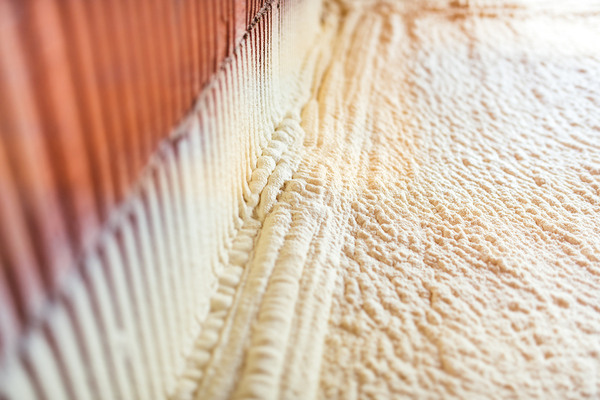
If your older home is insulated but your electric bills don’t seem to show it, you may wonder whether the insulation has worn out over time. How long does insulation last anyway? Does it degrade over time? Knowing the answers to these questions will tell you whether you need to replace or add insulation to your home to make it more comfortable and energy efficient.
Life Span of Various Insulation Types
According to the International Association of Certified Home Inspectors, or InterNACHI, most types of insulation have a life span much longer than homeowners might think. Housewrap, wrap tape and spray foam last 80 or more years, while loose-fill, foamboard, cellulose, fiberglass, rock wool and loose fill all last 100 years or more.
But before you dismiss the need to replace your insulation, these life spans are all for ideal conditions only, and your home may have less-than-ideal conditions for keeping your insulation in top shape. Any of the following situations could shorten the life of your insulation:
- Water damage from roof leaks can degrade the insulation and break it down faster.
- If mold forms on the insulation, it will not remain effective.
- Puncturing the insulation will decrease its effectiveness.
- Batt insulation (fiberglass or cellulose) tends to fall down from crawl spaces or ceilings starting 15 to 20 years after installation.
- Insulation that gets dirty or logged with dust will be less effective.
- Loose-fill insulation may settle over time, leading to air leaks.
If your utility bills are rising, it’s possible that your old insulation has lost its effectiveness — but there could be another reason. Older homes didn’t have as much insulation as homes built today, so it’s possible that your home is simply inadequately insulated.

Spray foam insulation is especially effective at sealing air and water leaks.
Advantages of Each Type of Insulation
Different types of insulation have different advantages. Fiberglass is the most common type of insulation and the least expensive. Fiberglass batting is also easy to install yourself on an exposed attic ceiling or floor, using the proper protective gear (fiberglass can irritate the skin and eyes).
Other types of insulation can have different benefits. Spray foam insulation is more expensive than fiberglass, but it is better at sealing air leaks and preventing both air and water leaks than other types of insulation. Fewer leaks means that the insulation may last longer than it would if a leak were to occur.
Cellulose insulation is made from recycled paper, so it is a green option that can be blown into walls and other closed spaces. Cellulose is also treated so that it is fire retardant. Foamboard insulation is compressed so that it fits into smaller spaces like inside walls or under floorboards.
Moonworks provides energy audits that can tell you whether your home needs more insulation. Call us at 1-800-975-6666 to schedule your free energy audit.
The post How Long Does Insulation Last? And Other Insulation Questions appeared first on Moonworks.
No comments:
Post a Comment